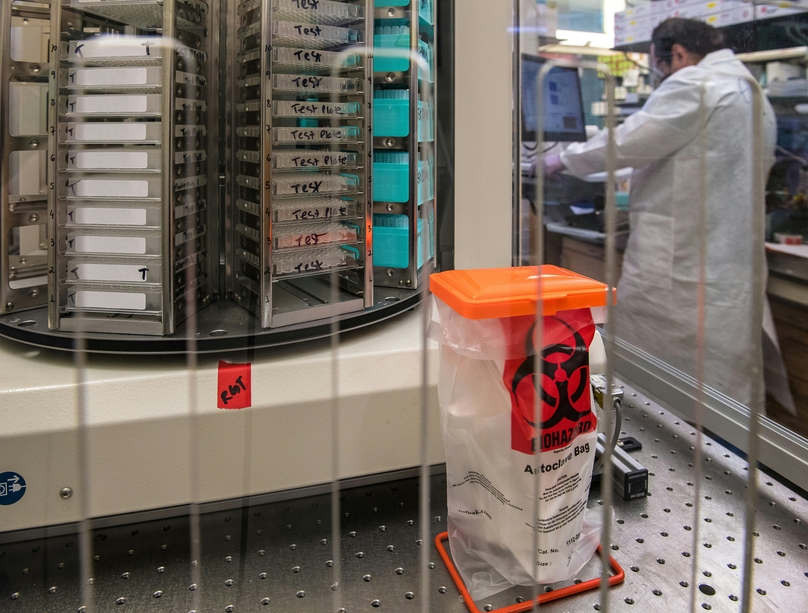Alright folks, lemme tell you about my little adventure diving into the Seattle biotech scene. Been meaning to do this for ages, finally got around to it. Buckle up, it’s a bit of a ride!
First things first, I hit the web. Scoured LinkedIn, Glassdoor, company websites – the whole shebang. I wanted to get a feel for who’s who, what they’re working on, and what kinda talent they’re after. Felt like I was prepping for a treasure hunt, honestly.

The Goal: Identify at least five biotech companies in Seattle I’d genuinely be interested in working for, and figure out what skills they seem to value most.
So, I started making a list. Initially, it was just names – Adaptive Biotechnologies, Juno Therapeutics (now part of BMS), Seagen (also now part of Pfizer, kinda), and a few smaller startups I stumbled upon. I then made a separate column for “Potential Roles” that I could see myself fitting into, based on my background. Think research scientist, data analyst (bioinformatics angle), maybe even something in regulatory affairs. I’m keeping my options open!
Next, I dug deeper into each company’s website. Mission statements, research areas, company culture – all that jazz. I spent hours reading through their publications, patents (where available), and press releases. Gotta know what they’re really doing, right? Not just what they say they’re doing.
Then came the job postings. Oh boy, the job postings. I looked at entry-level positions, mid-career roles, even some senior-level stuff just to see what the long-term trajectory could be. I paid close attention to the “Requirements” and “Desired Skills” sections. This is where the rubber meets the road!
I started noticing patterns. Python, R, and some serious bioinformatics chops were almost always in demand. Experience with NGS data, single-cell sequencing, and machine learning was a huge plus. And a PhD in a relevant field? Seemed practically mandatory for a lot of the research-focused roles.
- Adaptive Biotechnologies: Big on immunosequencing and data analysis. Definitely need strong programming skills.
- Bristol Myers Squibb (Juno): Cell therapy focus. Requires a solid understanding of immunology and cancer biology.
- Seagen (Pfizer): Antibody-drug conjugates. Needs experience with drug development and clinical trials.
So, after all that digging, I had a much clearer picture. The Seattle biotech scene is thriving, but it’s competitive. They’re looking for highly skilled individuals with specific expertise. And they’re not afraid to pay for it (at least, that’s what the salary ranges on Glassdoor suggest!).
Next Steps: Time to polish up the resume and start networking. Maybe reach out to some folks on LinkedIn who work at these companies, see if they’re open to a quick chat. Gotta put myself out there!

Key Takeaways
I really learned the importance of being specific with your skill set. “Bioinformatics” is way too broad. You need to be able to say, “I have experience with analyzing single-cell RNA-seq data using Seurat and Scanpy.” That kinda thing. And networking is crucial. It’s not just about applying online. It’s about building relationships and getting your name out there.
Wish me luck! This is just the beginning of my Seattle biotech journey. I’ll keep you posted on my progress.















